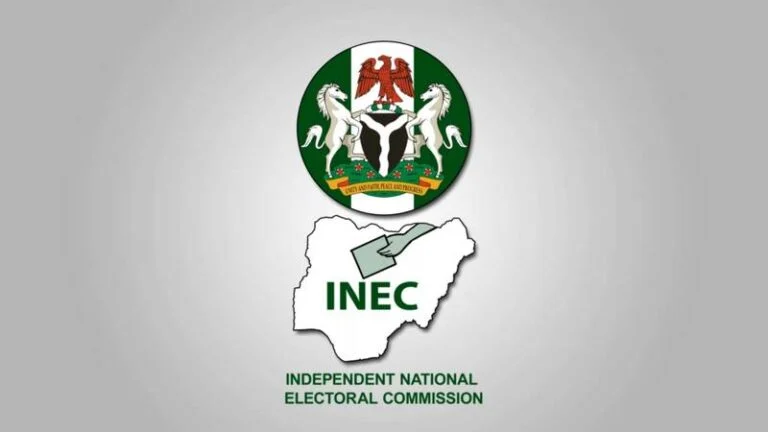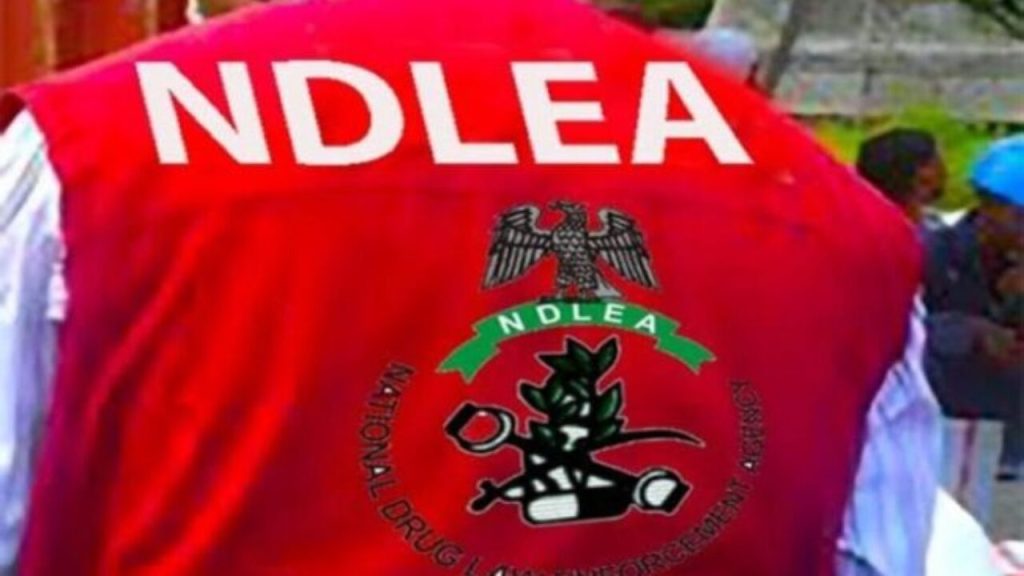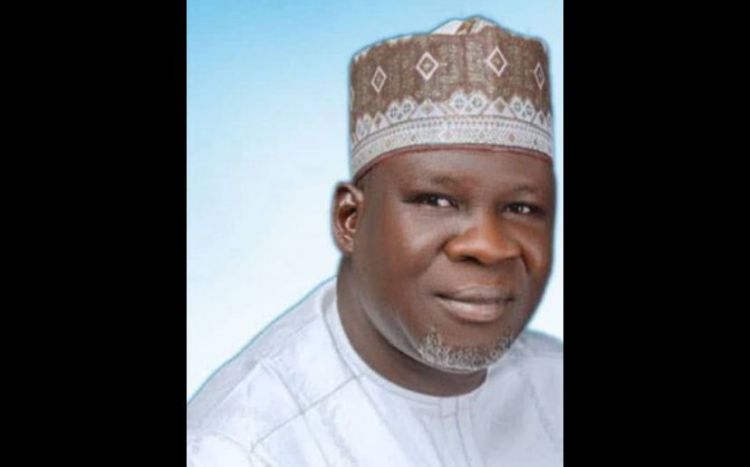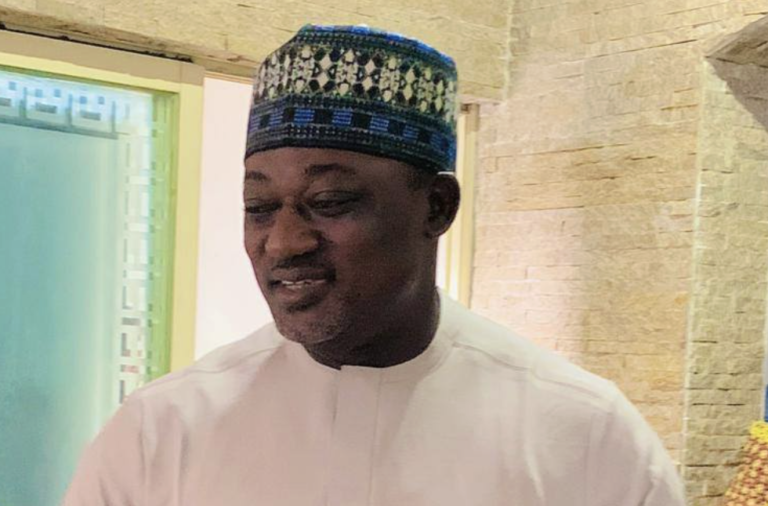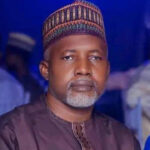You Can’t Invoke Ojukwu to Mask Political Motives, Peter Obi’s Camp Fires Back at Onoh

The camp of Mr. Peter Obi, the 2023 presidential candidate of the Labour Party, has strongly reacted to recent remarks by Dr. Josef Onoh, who accused Obi of political inconsistency and reneging on a promise made to the late Igbo leader, Dim Chukwuemeka Odumegwu Ojukwu.
Onoh, a son of former Anambra State Governor, Chief C.C. Onoh, and brother-in-law to the late Biafran leader, had publicly questioned Obi’s commitment to a one-term presidency, insinuating that the former Anambra governor had previously pledged that he would serve only one term if elected president.
Onoh also questioned Obi’s overall political integrity, suggesting a disconnect between his public rhetoric and past actions.
But in a swift and firm rebuttal, Mr. Valentine Obienyem, Media Adviser to Mr. Obi, described the comments as politically motivated and factually inaccurate.
In a statement Obienyem said it was inappropriate for Dr. Onoh to drag Ojukwu’s revered name into “petty political mudslinging.”
“It is inappropriate for Dr. Onoh to bring Ojukwu’s name into partisan political debate,” Obienyem declared. “Mr. Obi treated Ojukwu with deep respect, visiting him over ten times during his treatment in a UK hospital. These visits were acts of friendship and solidarity, not political calculation.”
Obienyem recalled the personal bond between Obi and the Ojukwu family, stating that the former governor was among the first to be informed of Ojukwu’s death in 2011.
According to him, Ojukwu’s widow, Ambassador Bianca Ojukwu, sent Obi a personal message the moment her husband passed, a testament to the close relationship they shared.
“Mr. Obi returned to London that very morning after just arriving in Nigeria, despite the stress and cost. That was a demonstration of love and sacrifice, not something you feign for politics,” Obienyem said.
He also pointed to the elaborate and highly dignified state burial organized for Ojukwu under Obi’s leadership as Anambra governor, describing it as one of the most honourable funerals ever accorded a Nigerian statesman.
On the broader issue, Obienyem cautioned political actors against the misuse of revered Igbo figures for personal or partisan advantage.
He urged public figures to honour the legacies of Igbo icons like Dr. Nnamdi Azikiwe and Dim Chukwuemeka Ojukwu by avoiding what he called “the indiscriminate invocation of their names in pursuit of political capital.”
“In other regions of the country, national heroes are respected, and their memories preserved with honour. It is disappointing when our own people use their names to score cheap political points,” he said.
Addressing Onoh’s political stance directly, Obienyem refrained from attacking his political trajectory but warned against what he described as opportunistic engagement.
“Public discourse must be rooted in principle, not convenience,” he said. “We must elevate the quality of our political conversations.”
Reaffirming Obi’s commitment to a one-term presidency, Obienyem insisted that the pledge remains consistent with the Labour Party flagbearer’s values of equity, justice, and national inclusion.
“His position reflects a personal commitment to zoning and fairness. It is constitutionally valid for any leader to voluntarily serve one term in the interest of national unity,” he added.
Obienyem concluded by urging a shift toward more constructive and issue-based dialogue as the nation looks ahead to its next democratic cycle. He stressed that Peter Obi’s public service record remains transparent and principled.
“Mr. Obi’s record speaks for itself from prudent fiscal management to inclusive governance. Let us engage on those merits, not on distortions or emotional appeals,” Obienyem stated.
The exchange marks yet another episode in Nigeria’s complex pre-2027 political landscape, where historical legacies, regional sentiments, and leadership ideals continue to shape national debates.


